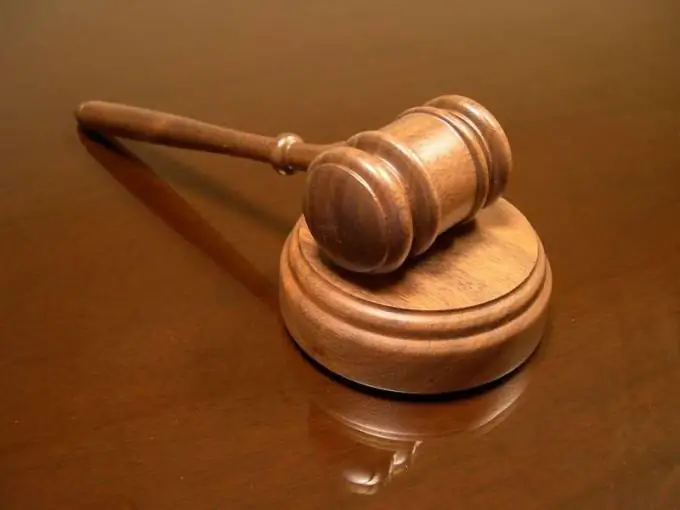Slander is the name of the initially widespread false information that is aimed at discrediting a particular person. It can be oral or written, singular or mass. According to lawyers, it is quite problematic to prove in court that you are faced with libel. However, it is still possible to sue the offender for this crime.

The difficulty in proving that you are faced with libel lies in the fact that such a crime can be easily confused with an insult. This is assessed by the legislation much easier and does not carry a real punishment in the form of detention.
To bring a case to court specifically under Article 129 "Libel", you need to very carefully collect all the evidence. Information that defame the honor and dignity of a person and fall under the article of the Criminal Code must be documented. For example, it can be newspaper clippings, recordings of television programs, blogs and posts on the Internet, copies of public speaking sheets, etc. If there is a problem with finding such information, for example, a blog or post has been deleted, you can contact the site administration with a request for help in restoring the data you need.
If the libel was made public by one person to another without the presence of third parties, it will be almost impossible to prove his involvement in the commission of the crime. Therefore, it is necessary to record all data received from this person using a dictaphone or a hidden camera.
In order to sue a person for libel, it is necessary to clearly distinguish between discrediting honor and dignity information and ordinary offensive words. So, for example, the phrase "stupid student" will not be regarded as slander, even if the student is a laureate of various awards and holder of a huge number of diplomas. If they say about a person that he stole money from the cash desk of his accounting department while he was in the hospital and could not get out of there, this can already be regarded as slander.
However, it will not be possible to charge a slanderer if he disseminated information, although it undermines the reputation of another person, but at the same time the information is true. Also, if a person reported information about another, considering them reliable. And it will not work to punish the offender if the inaccurate information disseminated by him was not discrediting the reputation of another.






